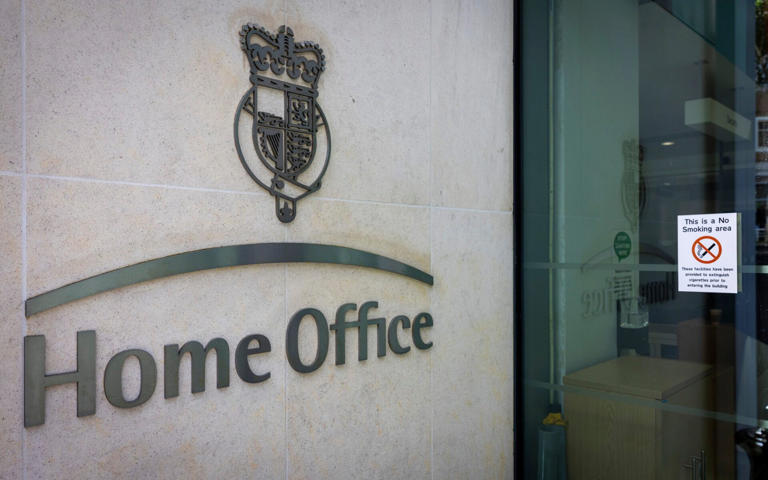The Home Office has dropped plans to house asylum seekers in a block of town centre flats in Waterlooville, Hampshire, after significant local opposition led by former Home Secretary Suella Braverman.
The proposed site, a former high-street clothing store converted into flats, was set to accommodate 35 asylum seekers. However, officials have now confirmed to Mrs Braverman that the Home Office contractor Clearsprings will no longer proceed with the procurement of the property.
The move marks the first government reversal in response to the wave of protests this summer against the use of hotels and other locations for asylum accommodation.
The Waterlooville proposal sparked considerable backlash, with over 2,000 people attending a protest last month and more than 10,000 signing a petition initiated by Mrs Braverman. She called the plan outrageous, reckless, and insulting to local people, arguing it would place further strain on already overstretched local services.
Braverman replies Home Office’s decision
In response to the Home Office’s decision, Mrs Braverman praised the residents of Waterlooville, stating “I’m very pleased the Home Office has been forced to U-turn. Thank you to the 10,000+ local people who peacefully protested. We must not give up. This invasion must end. Anyone arriving illegally must be detained and deported.”
She also criticised those who had labelled the opposition to the plan as racist or inflammatory, calling the protesters patriotic people standing up for their community.
The protests in Waterlooville come amid a broader national debate over asylum accommodation. The government has deployed 3,000 specialist public order officers across the UK in anticipation of further protests and potential unrest the largest such deployment since last summer’s riots.
Despite the U-turn, the Home Office stressed in a letter to Mrs Braverman that it remains committed to housing asylum seekers in her area as part of a fair share policy, ensuring that no single local authority bears a disproportionate burden.
Current Home Secretary Yvette Cooper is working to reduce the government’s reliance on hotels, which are currently housing more than 30,000 asylum seekers. Alternative sites under consideration include private rental housing, former student residences, and disused public buildings.
The demand for accommodation has intensified as migrant arrivals continue to rise. So far this year, 25,839 people have crossed the Channel, the highest figure recorded by this point in the year since crossings began in 2018, and a 50% increase from the same time last year.
Labour has begun implementing a new one-in, one-out agreement with France, under which the first group of Channel arrivals are being prepared for return, aiming to deter further crossings.
The Waterlooville controversy has exposed wider social and political divisions on immigration. Phil Munday, leader of Havant Borough Council, criticised Mrs Braverman’s rhetoric, saying:
“The repeated reference to illegal immigrants and unwanted men fuels unnecessary fear. The proposed site was to house a mix of families and individuals who are legally recognised asylum seekers. The claims about housing dangerous single men were misleading and inflammatory.”



